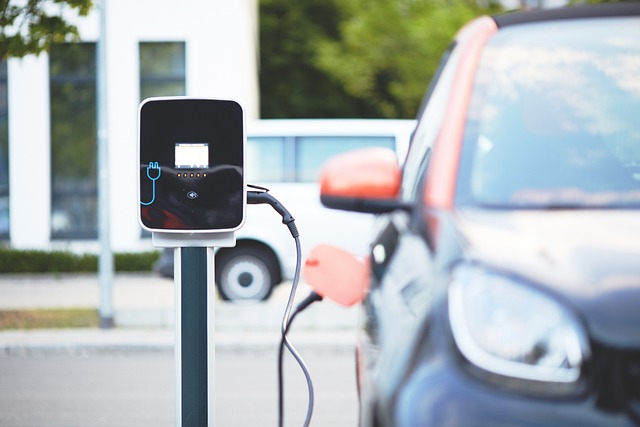Small Electric Cars Transforming American Urban Transportation
Compact electric vehicles are revolutionizing how Americans navigate city streets and suburban neighborhoods. From stylish urban cruisers to neighborhood-friendly low-speed options, two-seater and small electric cars offer an efficient, environmentally conscious alternative to traditional vehicles. These nimble EVs provide significant cost savings, easier parking, and reduced environmental impact while meeting the daily transportation needs of millions of drivers across the United States.

The automotive landscape in America is experiencing a significant shift toward smaller, more efficient electric vehicles. As urban populations grow and environmental consciousness increases, compact electric cars are becoming an attractive solution for daily commuting and city navigation.
The Rise of Two-Seater Electric Cars in the US
Two-seater electric vehicles have gained remarkable traction in American markets, particularly in densely populated urban areas. These compact EVs address specific transportation challenges including limited parking spaces, high fuel costs, and environmental concerns. Major cities like San Francisco, New York, and Portland have seen increased adoption rates as residents seek alternatives to traditional full-size vehicles. The appeal extends beyond environmental benefits, encompassing practical advantages such as reduced insurance costs, lower maintenance requirements, and enhanced maneuverability in congested traffic conditions.
Fiat 500e: Stylish & Efficient Urban EV for City Life
The Fiat 500e represents a perfect blend of European design sensibility and American practicality. This compact electric vehicle features a range of approximately 84 miles on a single charge, making it ideal for daily urban commutes and short-distance travel. The vehicle’s distinctive styling, advanced infotainment system, and quick acceleration provide an engaging driving experience while maintaining efficiency. Its compact dimensions allow for easy parking in tight urban spaces, while the electric powertrain delivers instant torque for responsive city driving.
GEM e2: Your Neighborhood-Friendly Low-Speed Electric Vehicle
The GEM e2 serves a unique niche in the American electric vehicle market as a neighborhood electric vehicle (NEV). Designed for speeds up to 25 mph, this vehicle excels in residential communities, college campuses, and commercial properties. The e2 offers practical features including weather protection, cargo space, and customizable configurations for various applications. Its low-speed design makes it legal for operation on many residential streets without requiring a driver’s license in some jurisdictions, expanding transportation options for diverse user groups.
Why Choose a Small Electric Car: Benefits & Savings
Small electric cars provide substantial financial and practical advantages over traditional vehicles. Operating costs typically range from 3-5 cents per mile compared to 12-15 cents for gasoline vehicles. Maintenance requirements are significantly reduced due to fewer moving parts, with annual maintenance costs often 40-50% lower than conventional cars. Insurance premiums for compact EVs are generally more affordable, and many states offer additional incentives including HOV lane access, reduced registration fees, and tax credits.
| Vehicle Model | Provider | Price Range | Key Features |
|---|---|---|---|
| Fiat 500e | Stellantis | $32,500-$35,000 | 84-mile range, fast charging, premium interior |
| GEM e2 | Polaris | $12,000-$15,000 | Low-speed vehicle, customizable, weather protection |
| Smart EQfortwo | Mercedes-Benz | $24,000-$28,000 | Ultra-compact, 58-mile range, premium features |
| Mini Cooper SE | BMW | $30,000-$35,000 | 114-mile range, sporty handling, premium brand |
Prices, rates, or cost estimates mentioned in this article are based on the latest available information but may change over time. Independent research is advised before making financial decisions.
Other Top Compact Electric Cars Worth Exploring
Beyond the featured models, several other compact electric vehicles merit consideration for American consumers. The Chevrolet Bolt EUV offers extended range and crossover versatility, while the Nissan Leaf provides proven reliability and widespread charging network compatibility. Newer entrants like the Mazda MX-30 and Hyundai Kona Electric expand consumer choices with unique design approaches and feature sets. Each vehicle addresses different aspects of compact electric transportation, from maximum efficiency to enhanced technology integration.
The transition toward smaller electric vehicles reflects broader changes in American transportation preferences and urban planning. As charging infrastructure continues expanding and battery technology improves, compact EVs are positioned to play an increasingly important role in sustainable transportation solutions. These vehicles offer practical alternatives for consumers seeking to reduce their environmental footprint while maintaining mobility and convenience in their daily lives.



